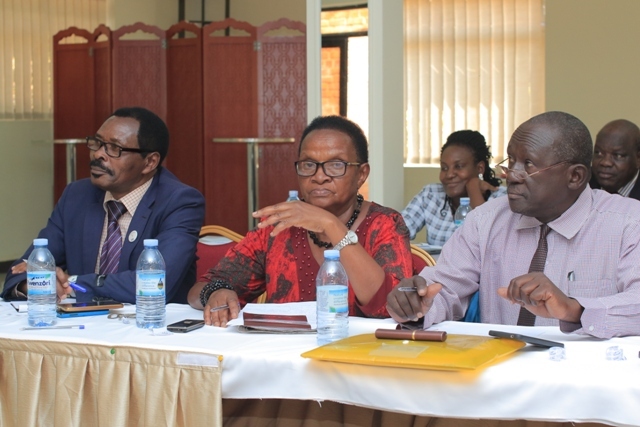2019 was an incredible year for URAA being the third year of implementation of its strategic plan 2017 – 2021. URAA utilised and convened forums to facilitate processes for strategizing and alliance building with the Older Person fraternity as well as other Age Care Organisations. Within its network of Older Persons Associations, Older Citizen/Person Monitoring Groups, Older Person Ambassadors and individual Older Persons, URAA organised, resisted and responded to the challenging context by sharpening and drastically strengthening the potential of older persons for collective actions across diverse joint movements.

The political environment for civil society voices and action through 2019 has progressively become a little more favorable, for the second time the government proved more comital in establishing a National Roll Out of the Social Assistance Grant for Empowerment (SAGE) in all Districts for all Older Persons aged 80 years and above, which this was a good government gesture, Agencies like URAA continue to advocate for a further reduction on the Age to at least 65 years and above to benefit from the grant, with the National elections for all leaders including
Older person coming in 2021 momentum has since built and many aspiring politicians have taken to various forms of campaigns, this has reignited cases of harassment, intimation, and obstruction of such persons and civil society, particularly those that deal with controversial issues (such as democratization, governance, corruption, human rights, and accountability), by the government which has an impact on civil society activism and dynamism.
Uganda’s legal and policy framework in 2019 continued to support the existence and free operation of civil society organizations. The year was culminated with a call to all CSO’s to re register afresh with the National NGO Board, late registration was threatened with de registration and withdrawal of Operating License, this saw many agencies missing out and therefore their validity in question.
Civil society in Uganda continues largely being shaped by the availability of funds and interests of funders/donors, with about 95% of all funding for CSOs in Uganda coming from external sources. Civil society and in particular non-governmental organizations in Uganda continue to play a watchdog role and have been essential in fostering political participation in a restricted political space since the 1980s. The political environment of authoritarianism and repression of dissident voices has however restricted their freedom and the adoption of positions that explicitly challenge the authority and accountability of the government, as well as their ability to effectively influence the legal and policy agenda.


